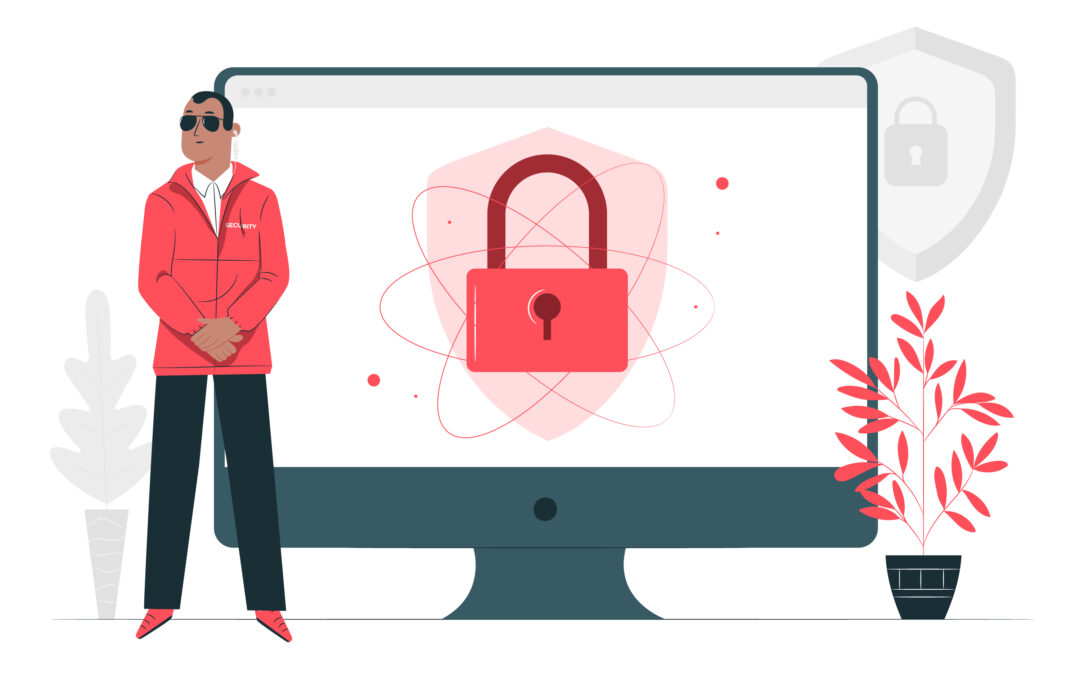Security for high-net worth individuals and celebrities is not limited to physical and bodily protection. If you’re going to avail of the services of an elite executive protection agency, your online privacy securities will be equally important as well.
These days, criminals can easily find personal information online, which can be used to threaten you, your family, and your company.
Gathering and selling of personal data has become a $200 billion industry, which only goes to show the worth of the details of people’s personal lives. This is why securing digital privacy should be a vital part of your executive protection plan.
How Your Data Gets Exposed Online
A lot of this information comes from your social media activity and others will come from corporate or government records. Other sources include personal electronic devices, news stories, marketing databases, and organizations that you work with, such as charities.
It’s easy to think that little bits of information can do you no harm, but when these are compiled by someone who knows what he’s doing, such as data brokers, who can build your complete personal profile, which can be used by attackers.
The most common pieces of information that hackers can get from people include your full name and those of your family members, date of birth, current and past addresses, phone numbers, emails, special media, work history and financial information.
At the hands of skilled hackers, even small pieces of information can cause damage to a person in the form of credit card fraud and other minor offenses.
Common Threats Resulting From Use of Personal Data
Physical Security Threats
Physical security is an issue that comes up time and again, but the COVID-19 pandemic has made it exponentially worse given that most people are working from home. This makes business executives more vulnerable to physical attacks unless they have an executive protection team in their residence.
Those who don’t have such protection are left vulnerable because they can’t rely on the security guards or badge systems used in offices.
Attackers will only need to find your home address to be able to plan a kidnap or assault to you and your family. As mentioned previously, getting this information is easy—addresses can be found when you enter a person’s name or other identifying information on websites like PeopleSmart, MyLife, Intelius, and Spokeo.
An attacker can also monitor your social media account to get an idea of your daily routine and spot the times where you are at your most vulnerable. They can stalk you as you stop for coffee at your favorite cafe, when you go to the gym, and when you drive to your kid’s soccer game.
Cybercrime Threats
Proofpoint’s annual report shows that in 2019, 88 percent of businesses had their executives targeted by cybercriminals. What’s more, 65 percent of all cyber attack groups zero in on specific email addresses in order to infiltrate companies.
Business executives are prime targets for cyberattacks. If they breach your network, hackers can open confidential emails, pending deals, customer databases, and other data that can be used for financial gain.
Because awareness is the first step to protection, here are the two main tactics that cybercriminals use to target executives:
Spear Phishing
Google reports that phishing scams have increased by a whopping 350 percent since the start of the pandemic.
This type of phishing scam involves an attacker conducting online research about a powerful person and then uses the data gathered to create an email or telephone campaign that will make the recipient reveal sensitive information.
If it works, this provides attackers access to the company’s computer system. From there, it’s child’s play to steal information, conduct blackmail, and embezzle funds.
The worst thing about it is that it can only take one successful phishing attempt for hackers to get everything they need.
Impersonation
Also called whaling attack, this is when an attacker impersonates a high-ranking executive—who might even be the CEO—and uses them asthe “whale.” The attacker then tricks another executive into disclosing information or transferring funds that he wouldn’t disclose to just anyone.
It’s also worth noting that the average cost of recovering from a breach is $3 billion. Even for the most established company, this sum is bound to leave a dent in company records.
How to Protect an Executive’s Online Privacy
Preparation is the most important activity when it comes to safeguarding online privacy. What’s important to remember is that privacy does not mean obliterating all data related to the executive, since this is impossible.
An executive protection company will suppress and remove most of your personal identifiable materials in order to make you an unappealing target to attackers. If online scammers see that there’s too little content about you, they will most likely look for someone else who will not require too much effort on their part.
Locking down devices and enhanced privacy settings on their device is an important step in keeping data safe, but it does not protect the information that can be accessed through third-party online sources. You also need to do the following as part of your executive protection routine.
The importance of due diligence cannot be understated. It can be tricky to remove your personal information from people-search sites as they often make the process complicated, but you have to do it.
Search for variations of your name so you can also have the data removed. Monitor the sites monthly because they can recreate new records of you automatically. If needed, resubmit removal requests until everything is clear.
You should also make sure to conduct regular web searches for other websites that can display your information.
Exercise control on sites that you can customize information, such as LinkedIn. Take care not to give too much information and leave only data that has value for professional purposes. Have the other executives in your company do the same.
There’s only much you can do and most likely, you will need professional help in keeping your personal information protected. An elite executive protection company’s privacy protection plan has this covered. Get in touch with a trusted name and start safeguarding your company’s data.
Image Credit: Designed by slidesgo / Freepik








